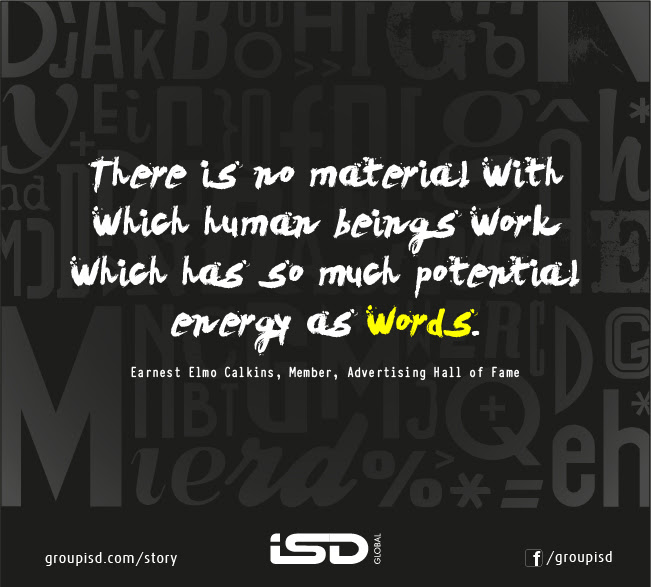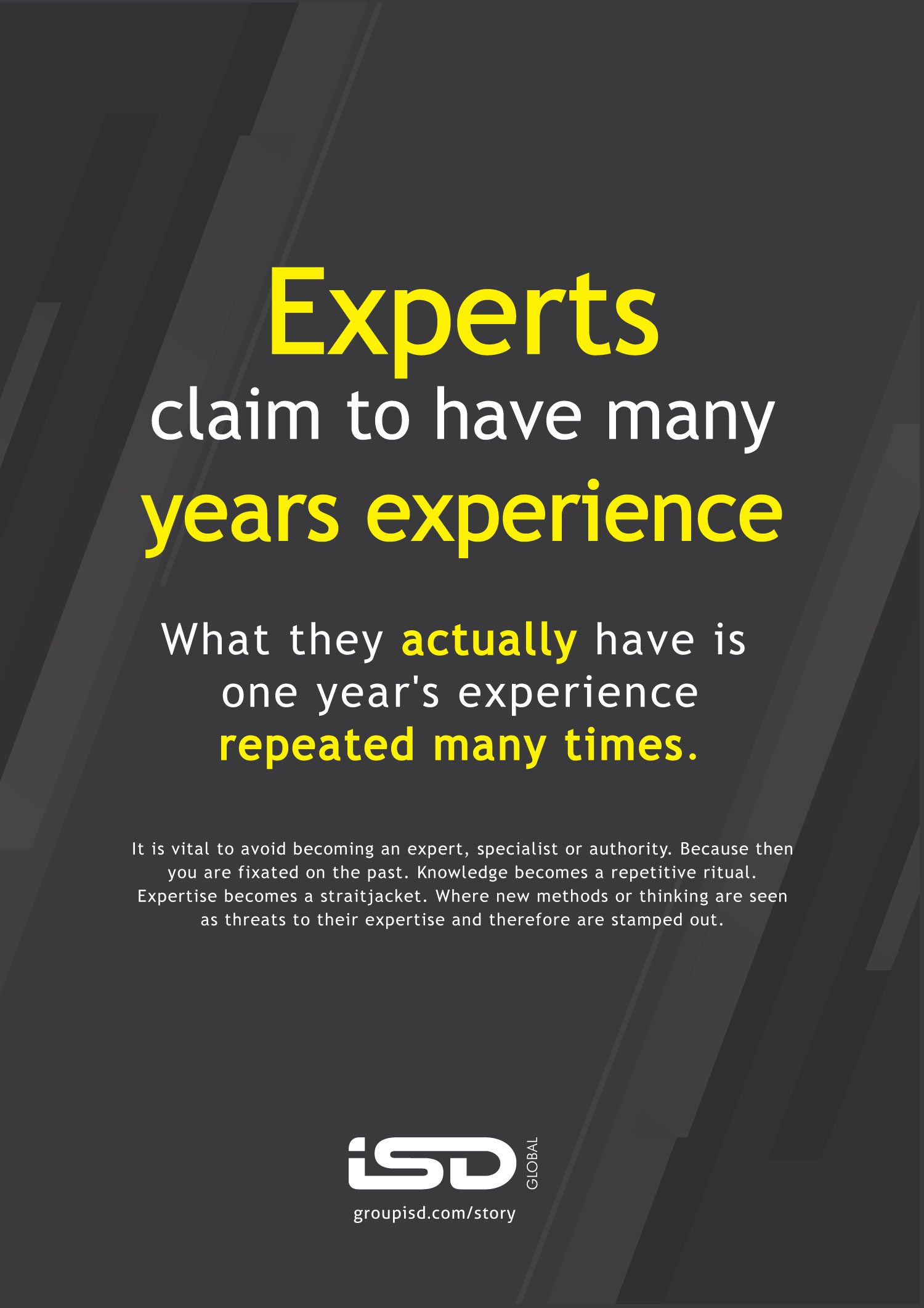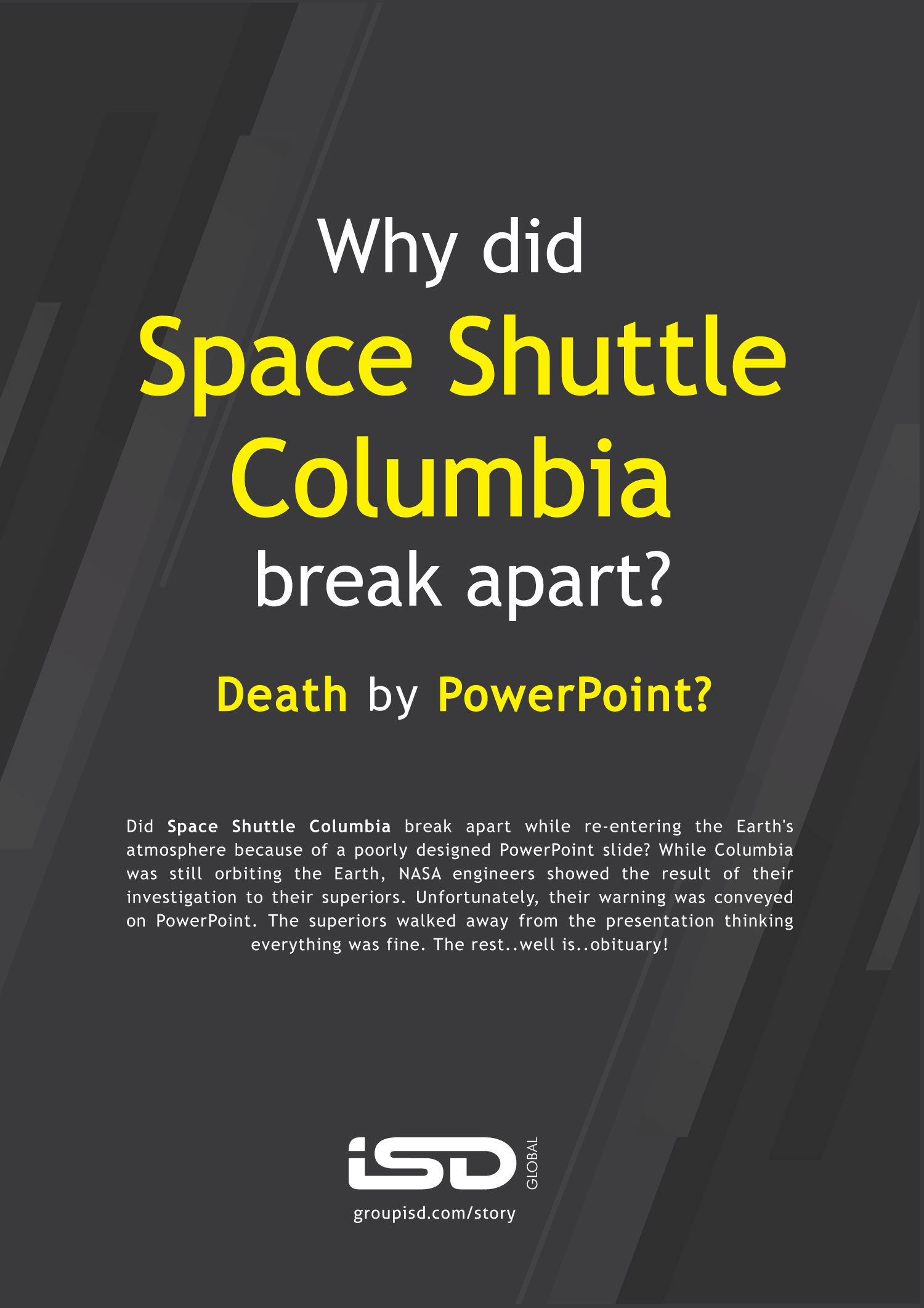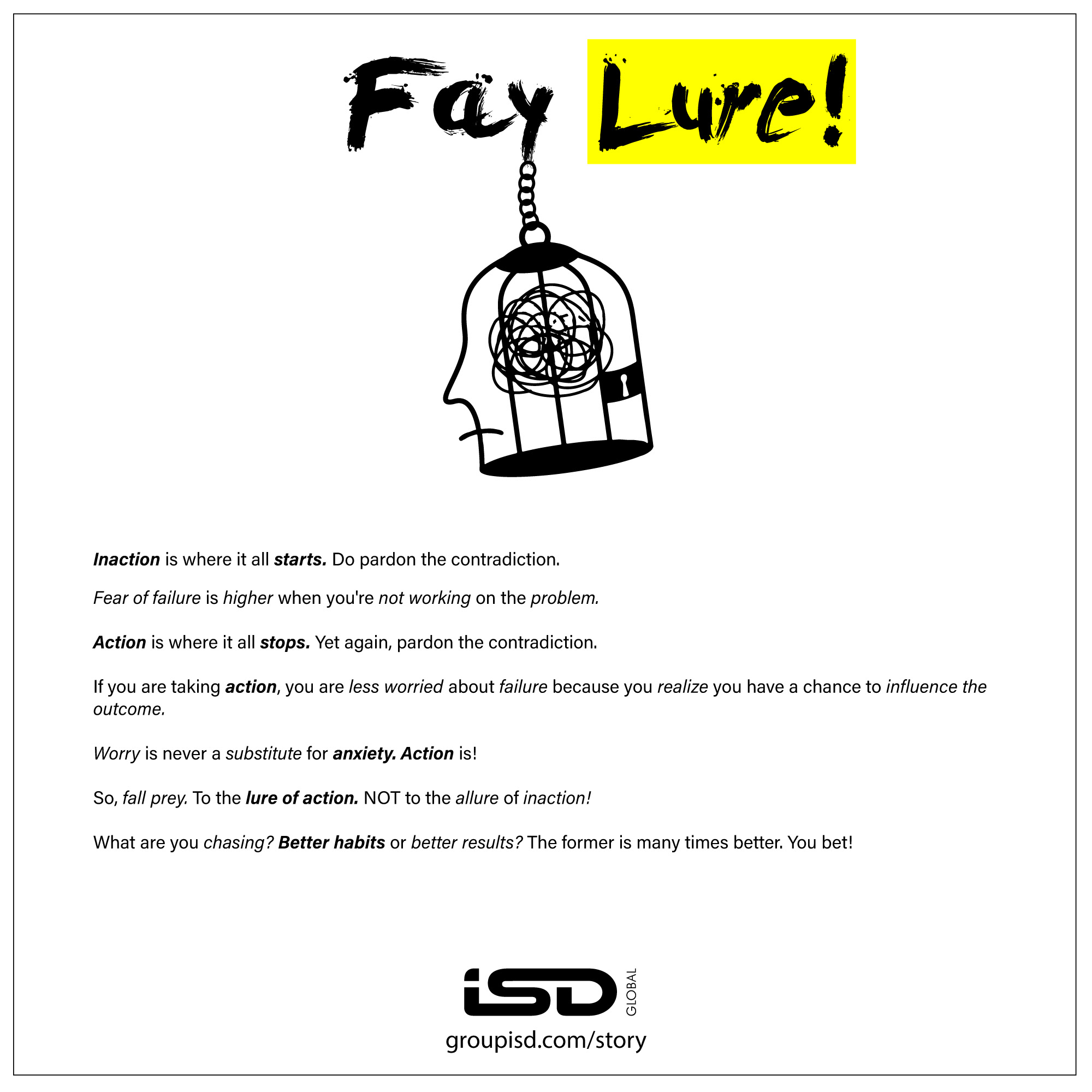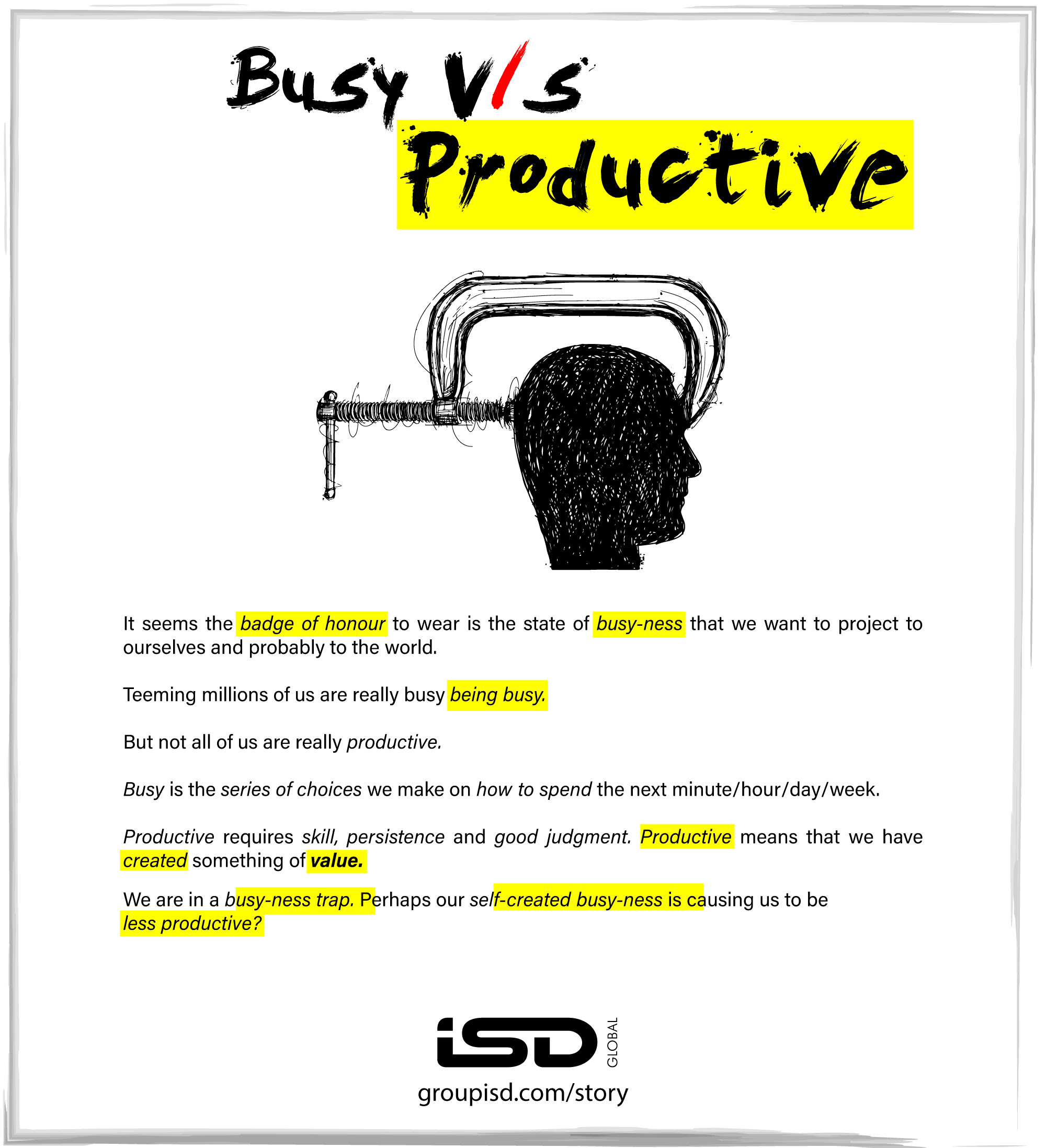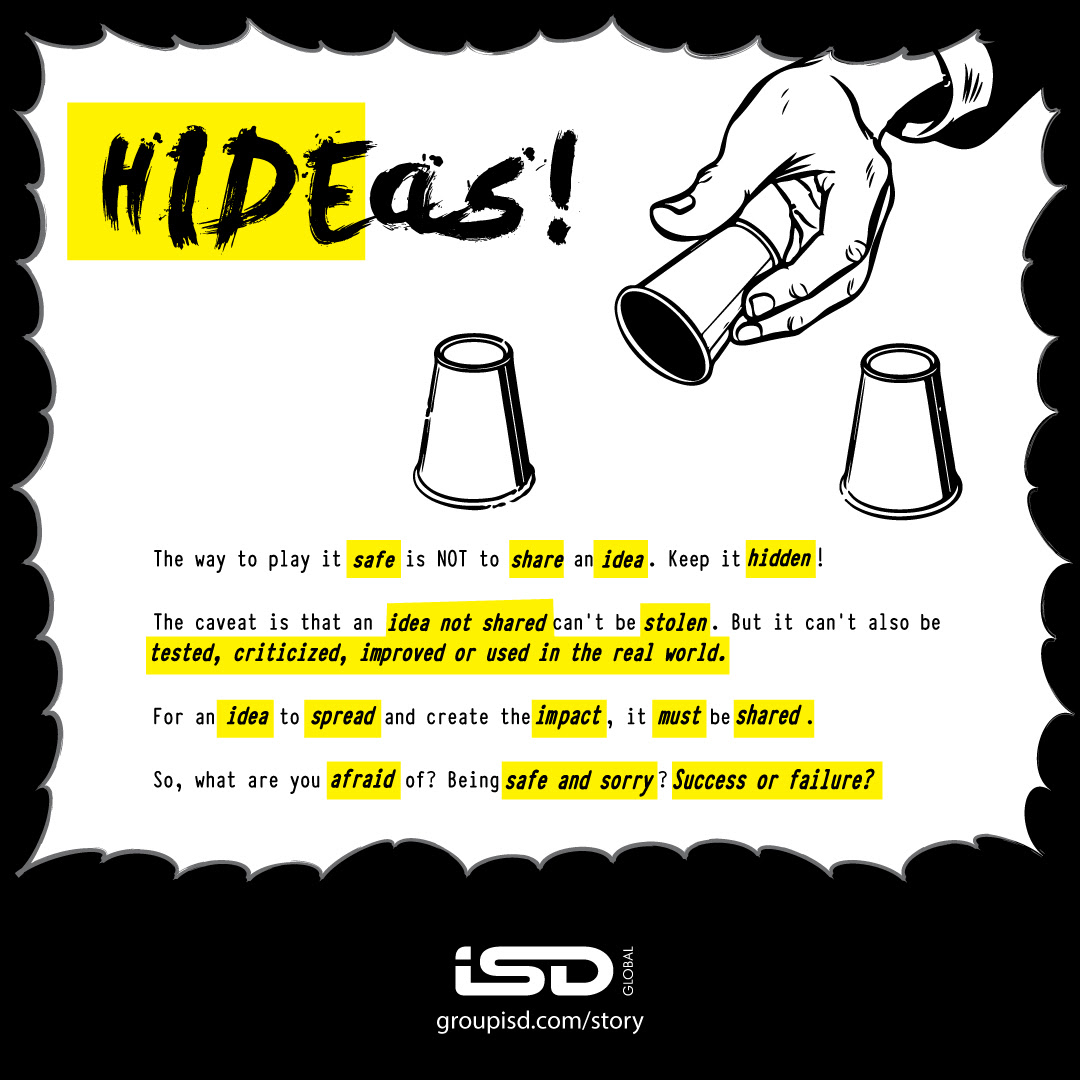As dusk is settling in, a man walks into a fancy restaurant in Milan and promptly spills red wine on a pristine white table cloth. Rather than apologising, he shouted “MAGNIFICO!” with such genuine enthusiasm that the entire restaurant—waitstaff included—burst into applause. Onlookers watched in awe as this linguistic judo move transformed what should have been mortifying into something magical. That’s when you realise: it’s not the disasters that define us, but the words we attach to them.
Let’s get something straight: your words aren’t just describing your reality—they’re creating it. That’s not some woo-woo manifestation nonsense. It’s cognitive linguistics, baby. And it’s controlling more of your life than you realise. Words aren’t just floating through the air harmlessly like semantic confetti. They’re rewiring neural pathways, shifting cultural tectonic plates, and determining whether you’ll get that second date, that job offer, or that international peace treaty.
Now picture this( sorry, I know I am making you do this often): you are tuned into Bloomberg and watching two CEOs describe identical quarterly losses. The first said, “We experienced a temporary revenue adjustment during our strategic realignment.” His stock climbed 3%. The second said, “We lost money.” His stock plummeted 7%. Same financial reality, wildly different economic outcomes. It wasn’t accounting magic—it is linguistic alchemy. And it’s happening all around you, whether you’ve noticed or not.
Let’s cut the foreplay and get straight to the point: Words aren’t just words. They’re reality-bending, mind-hacking, money-making, culture-shaping psychological weapons. And most of us are walking around with fully loaded linguistic arsenals we barely know how to use. While you’re debating whether to call something “nice” or “pleasant” (yawn), master wordsmiths are out there turning cultural tides, launching billion-dollar brands, and rewiring our collective consciousness—one carefully chosen adjective at a time. And guess what? You’re being wordsmithed every single day, whether you know it or not.
Let’s get one thing straight: words are the ultimate weapon. They can start wars, end relationships, and make or break a brand faster than you can say “New Coke.” Yet, somehow, we’re still out here dropping verbal grenades like it’s open mic night at the apocalypse. From cringe-worthy ad campaigns to tone-deaf media headlines, the world is a minefield of linguistic landmines. So, let’s talk about why words matter—in culture, in advertising, and in media—and how getting them wrong can cost you everything. Buckle up, because this is going to be a wild ride.
The Linguistic Heist: How Words Steal Your Money– Remember when airlines stopped calling their cheapest seats “economy” and started calling them “basic economy“? That wasn’t a rebrand—it was daylight robbery via thesaurus. By adding that one little word—”basic”—they reframed their decades-old standard product as a stripped-down option. This linguistic sleight-of-hand made their regular “economy” seats (with the same legroom your grandfather complained about in 1987) suddenly seem like an upgrade worth paying extra for. Ka-ching. Millions extracted from your pocket through nothing more than linguistic repositioning. Or take the bottled water industry—a $300 billion global market built almost entirely on adjectives. “Artesian.” “Purified.” “Glacier-fed.” “Natural spring.” These aren’t just descriptors; they’re hypnotic incantations that convince you to pay 10,000% more for something that falls from the sky for free. If someone sold you a $3 handful of dirt by calling it “artisanal earth,” you’d laugh them out of the room. Yet here we are, collectively spending billions on what’s essentially well-dressed tap water.
Word Crimes That Changed History– Remember when BP had that little “oopsie” in the Gulf of Mexico? Their PR team immediately labeled it a “spill,” conjuring images of a tipped-over milk carton rather than the 210 million gallons of crude oil actually pumping into the ocean. The media obediently parroted this terminology, and public perception shifted accordingly. During the 2008 financial crisis, nobody was “gambling with mortgage-backed securities” or “committing fraud.” No, no. They were just “engaged in troubled assets” or experiencing “liquidity issues.” Those linguistic gymnastics helped ensure that exactly zero Wall Street executives went to prison. In 1993, the U.S. military didn’t “kill” anyone in foreign conflicts. They “serviced the target.” Civilians weren’t “killed”—they were “collateral damage.” These weren’t just euphemisms; they were psychological barriers between actions and consequences, constructed entirely of carefully chosen words.
The Cultural Vocabularies That Rewire Society- Every subculture develops its own language, and these vocabularies don’t just describe the culture—they create and maintain it. Silicon Valley runs on “disruption,” “pivoting,” and “failing forward.” These aren’t just buzzwords; they’re permission slips for behaviors that would get you fired anywhere else. Wall Street operates on “leveraging,” “arbitrage,” and “alpha.” These linguistic shields transform gambling into seeming science. Wellness culture thrives on “toxins,” “cleansing,” and “natural“—words that are scientifically meaningless but emotionally potent. These vocabularies aren’t just jargon—they’re complete operating systems for reality.
The Off-Beat Examples You Didn’t See Coming– The $125 Million Comma In 2006, Canadian company Rogers Communications found itself in a contract dispute with Bell Aliant. The issue? A single misplaced comma in a 14-page contract. That punctuation error cost Rogers $125 million. If that doesn’t convince you that words (and their arrangement) matter, nothing will.
The Prison That Renamed “Prisoners” -A maximum-security prison in Norway refers to its inhabitants as “students” rather than “inmates” or “prisoners.” The recidivism rate there? About 20%, compared to over 70% in countries using traditional prison terminology. When you call someone a student, they start behaving like one.
The Language of Pain– Studies show that how doctors describe pain significantly impacts patient experience. When a doctor says “This will feel like a bee sting” before an injection, patients report more pain than when they say “This might feel cold.” The words literally change the neurological experience.
The $250,000 Job Title Switch – Heard about this story of an executive recruitment firm about one of their clients who was stuck at a salary ceiling. His strategy? Change his LinkedIn title from “Head of Developer Relations” to “Chief Developer Experience Officer.” Same job, fancier words. Within three months, apparently he had offers $250K above his previous salary. The words created the value.
Advertising: Where Words Are Actually Magic Spells– Marketers have understood the reality-bending power of words since someone first tried to sell a second apple in Eden. When De Beers coined “A Diamond is Forever” in 1948, they weren’t just creating a catchy slogan. They were manufacturing an entirely new cultural expectation. Before this campaign, diamond engagement rings weren’t standard. Within a generation, they became mandatory. Those four words literally created billions in market value from thin air. Nike didn’t sell shoes with technical specifications. They sold “Just Do It“—three words that transformed athletic wear into identity statements. Insurance companies don’t sell “death and disaster financial protection”—they sell “peace of mind.” Pharmaceutical companies didn’t invent “erectile dysfunction“—they reframed what was once called “impotence,” with all its judgmental baggage, into a clinical condition deserving treatment rather than shame. These aren’t just marketing tricks. They’re evidence that the right words, properly deployed, can reshape cultural norms and personal identities faster than any legislation.
The Media: Professional Reality Constructors– Ever notice how news outlets choose wildly different words to describe the exact same events? One channel’s “freedom fighter” is another’s “terrorist.” One paper’s “tax relief” is another’s “tax cuts for the wealthy.” One blog’s “job creator” is another’s “exploitative billionaire.” These aren’t just stylistic choices—they’re installing entirely different operating systems in the minds of viewers. When COVID-19 hit, some outlets called it the “Wuhan virus” while others used the official designation. That linguistic choice correlated strongly with how their audiences perceived both the virus and Asian Americans during the pandemic. Words create worlds. Choose your news sources carefully—you’re not just consuming information; you’re selecting which reality you wish to inhabit.
The Corporate Word Crimes Hall of Fame –“Rightsizing“
Because “mass layoffs” sounded too much like what was actually happening.“Pre-owned“-Because “used” sounds like someone’s already done their best to break it. “Negative Growth” –Because “massive financial losses” might spook the shareholders. “Enhanced Interrogation Techniques“- Because “torture” is such an ugly word. “Conscious Uncoupling“
Because “divorce” sounds so… divorcy.
The Dating Profile Linguistic Analysis– Dating apps have analyzed millions of successful and unsuccessful profiles. The findings? Certain words dramatically impact your chances of finding love—or at least finding someone willing to swipe right. Men who use “physically fit” get 96% more interactions than those who use “in shape.” Women who use “passionate” get 64% more attention than those who use “driven.” These aren’t synonyms in the dating marketplace—they’re completely different products. On the flip side, men who use “unemployed” get 40% fewer matches than those who use “between jobs.” Women who use “divorced” get 52% fewer matches than those who use “single.” Modern romance isn’t dying—it’s just being aggressively A/B tested and linguistically optimized.
“Oops, Wrong Word” – The Most Expensive Mistakes Ever Made– Gerald Ratner wiped out his company overnight by calling his own jewelry “total crap” in a speech. Customers believed him. $500 million gone. McDonald’s tried “I’m Lovin’ It” in China. The literal translation? “I Like It Dead.” Appetite? Lost. Braniff Airlines boasted their first-class seats were “Fly in Leather.” In Mexico, that translated to “Fly Naked.” Sales went… down. HSBC had to spend $10 million on rebranding after their tagline “Assume Nothing” was misinterpreted worldwide as “Do Nothing.“ Customers took the advice.
If you’re still reading this, congratulations—you’re already one step closer to mastering the art of words. Now go forth and communicate like your life depends on it. Because, let’s be real, it kinda does.

